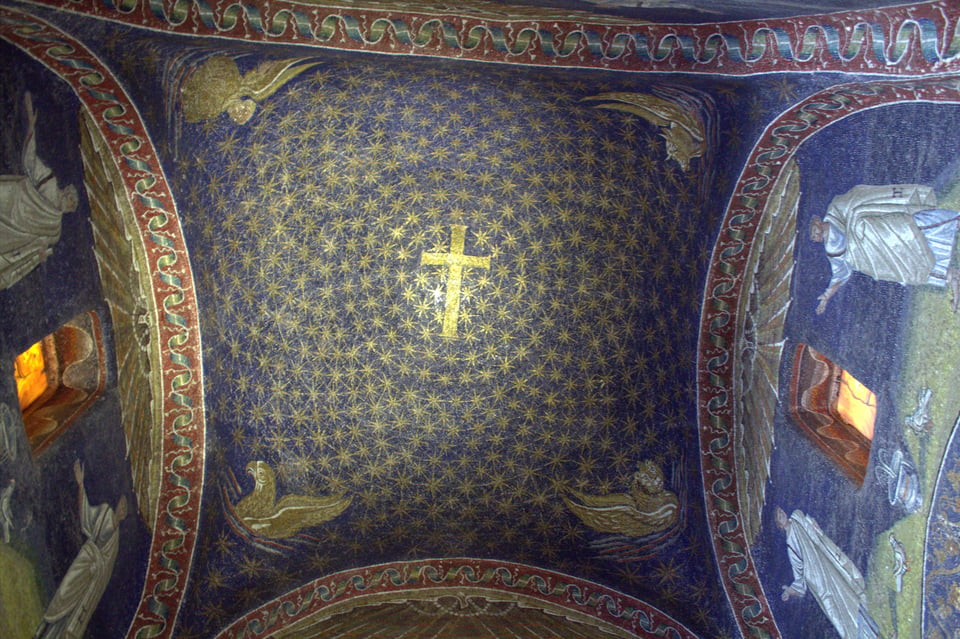The Medieval Past & the Medieval Future
A few thoughts on hope and the humanities

Modern Medieval
by David M. Perry and Matthew Gabriele
This past week I (Matt) attended the Annual Meeting of the Medieval Academy of America, this one marking the 100th anniversary of the association.
As part of that I organized a panel with colleagues in Art History, Literature, and History/ Religion (me) to think about “The Permeable Boundaries of Periodization and Visions of Future Medieval Studies.” Here are my brief remarks.
The European Middle Ages never seem to stay put. They constantly push beyond their temporal boundaries, beyond “periods,” and into the modern world. The medieval is lobbed as an insult at regions and cultures to deny their coevalness (often handmaiden to an orientalizing impulse); nostalgically summoned as a leftist agrarian ideal or as model for right-wing violent masculinity; and the medieval can be a reference that conjures little more than an impression, but which still carries strong affective connotations.
Often, these types of modern invocations of the medieval are seen as distractions; “serious” medievalist scholarship must flee from the bogeyman of justifying the “relevance” of our studies to the contemporary world.
In addition, our collective disciplines continue to suffer attacks from administrators and politicians. There has been a precipitous decline in academic hiring as even our colleagues reorient towards modernity. And this on top of accelerating authoritarianism. Old far right ghosts still haunt us and have increased governmental backing, with the medieval as a site to be mined for contemporary white supremacy and gendered violence. They attack which all levels of K-16 education and the very right of our friends and families to exist.
But, perhaps, despite that, hope. These attacks come at moments of crisis, at moments when our disciplines increasingly matter. Pinterest, The NY Times, and a host of “better living” magazines have noted a new, popular interest in the medieval world - seen, for example, in the trends of castlecore and romantasy. As I’ve written about recently, these last are ways to resist techbro authortarianism and the push of dehumanizing LLMs. This we should embrace.
In his 1920 presidential address to the MLA, a speech that launched the later founding of the Medieval Academy, John Manly said that:
“we of the humanities… have stars in our firmament, systems as mysterious and fascinating as comets or double suns, but we have too seldom invited the public to look through our telescopes and share our visions…- visions of food for starving peoples, visions of wider opportunities for cramped lives,... of dead poets and painters and lawgivers, visions of man in every stage of his long climb up from his feeble and brutish beginnings.”
One hundred years ago, the Medieval Academy was founded upon a hope that the medieval past would indeed intrude into the present, that we would invite people in, to explore its wonders (and its horrors!) with us.

The right, neoliberals and authoritarians alike, rest their claims on the premise of their own inevitability. But they do so because they know how fragile their edifice is, how penetrating the fuzzy boundaries between medieval and modern exposes their feet of clay by showing us how things were, could have been, and can be in the future different than they are. The medieval can show us possible worlds.
Let me be clear here, this isn’t naive optimism. Hope is about understanding that the world can be different than it is, that this was never inevitable, but that a new world requires work, that it could ultimately fail.
So, let us build - let us offer some tentative visions of a future medieval studies, one offering an invitation to all comers in good faith, a medieval studies of solidarity, and ultimately of hope.
-
Over 99% of Americans do not understand the big words you use in this article. Americans are about the least-educated people in the industialized world. Dumb it down, dude, or your only audience will be other people who live in ivory towers.
Add a comment: